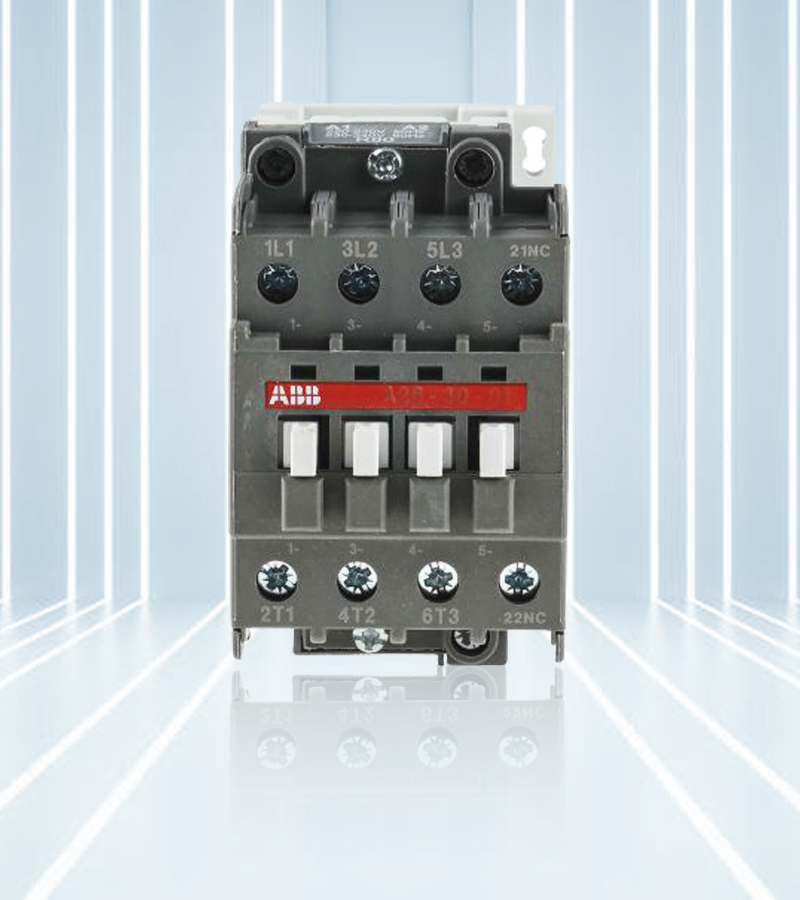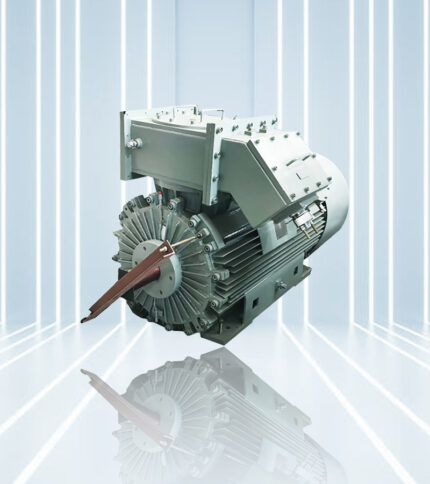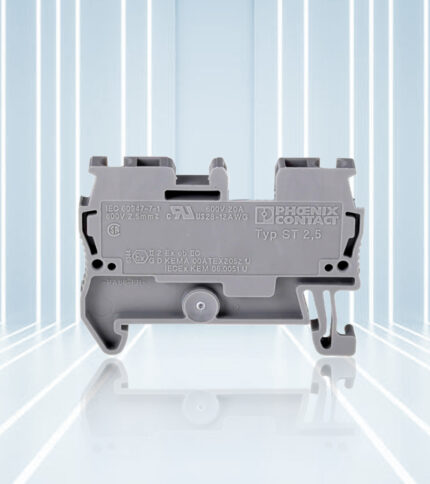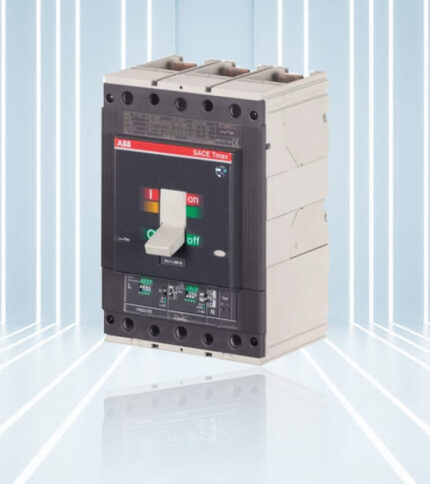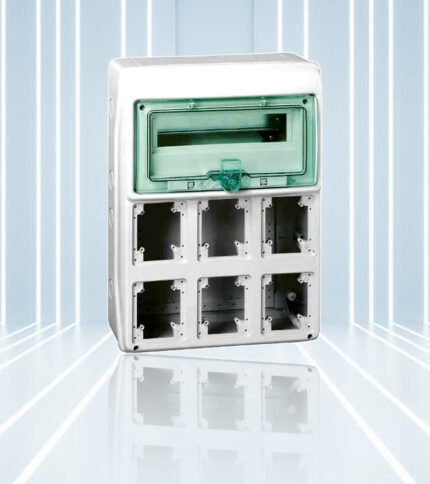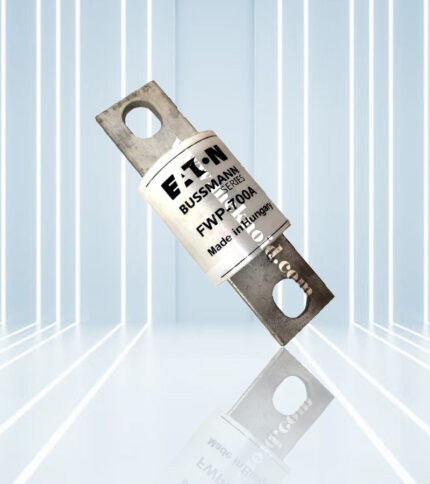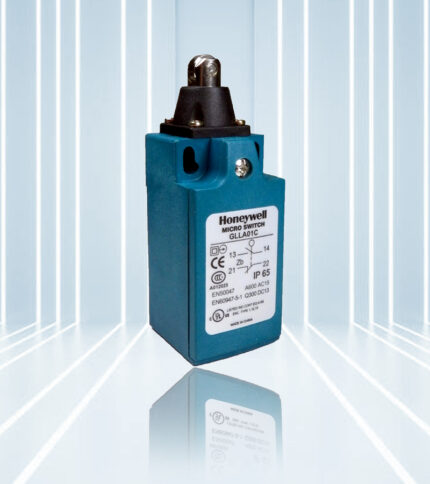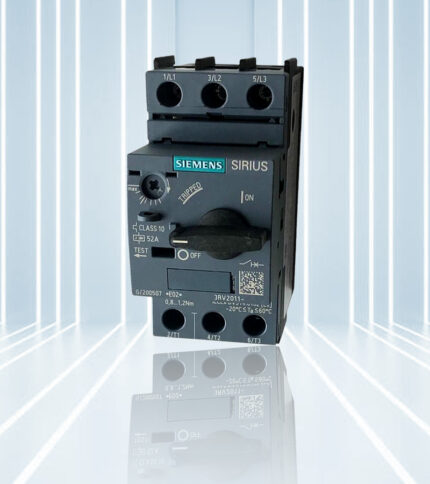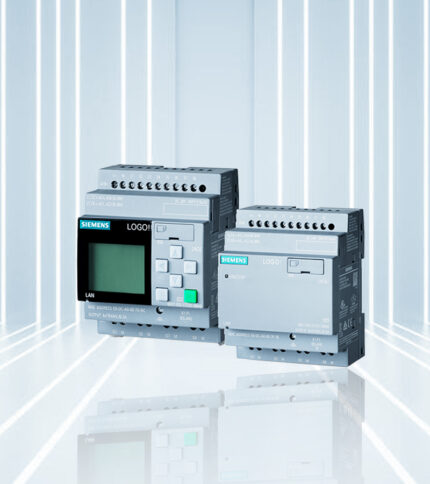Description
Contactors are fundamental components used in electrical systems for switching and controlling electrical power circuits. These electromechanical devices consist of a set of contacts that open and close to control the flow of electricity to a load. Contactors are typically used in applications where frequent or remote control of electrical circuits is required, such as motor control, lighting control, heating systems, and industrial machinery. The operation of a contactor involves energizing an electromagnetic coil, which generates a magnetic field that attracts the contacts, closing the circuit and allowing current to flow to the connected load. When the coil is de-energized, the contacts return to their resting state, opening the circuit and interrupting the flow of current. Contactors are available in various configurations, including three-phase and single-phase versions, with different current ratings and contact arrangements to accommodate different application requirements. They may feature auxiliary contacts, overload protection, and interlock mechanisms for added functionality and safety.
One of the key advantages of contactors is their versatility and reliability. They offer robust construction, durable materials, and long-term performance, ensuring dependable operation even in harsh industrial environments. Contactors are essential components in a wide range of industries, including manufacturing, automotive, construction, and utilities. They provide efficient and reliable control of electrical circuits, enabling automation, remote operation, and energy management in diverse applications. Whether used to control motors, lighting, heating, or other electrical loads, our Contactors offer the durability, performance, and versatility you need to optimize your electrical control systems with confidence.
Benefits
- Efficient Power Control: Contactors efficiently control the flow of electrical power to loads, enabling precise on/off switching and operation of equipment, motors, lighting, and other electrical devices.
- Remote Operation: Contactors facilitate remote control of electrical circuits, allowing for automation and integration into control systems, reducing manual intervention and improving operational efficiency.
- High Current Handling: With their robust design and high current ratings, contactors are capable of handling large electrical loads, making them suitable for heavy-duty industrial applications requiring reliable power switching.
- Reduced Wear and Tear: By providing a separate control circuit for switching the main power contacts, contactors help reduce wear and tear on switches and other control components, extending their lifespan and reducing maintenance costs.
- Safety: Contactors offer features such as interlocks, overload protection, and auxiliary contacts, enhancing safety by preventing equipment damage, electrical faults, and hazards associated with overloads or short circuits.
Technology
- Electromagnetic Coil: Contactors utilize an electromagnetic coil to generate a magnetic field, which attracts the contacts to close the circuit when energized, and releases them to open the circuit when de-energized.
- Arc Suppression: Advanced contactors incorporate arc suppression technology to minimize arcing and ensure reliable switching, reducing contact erosion, and extending the contactor’s lifespan.
- Mechanical Interlocks: Some contactors feature mechanical interlocks to prevent simultaneous closure of multiple contacts, avoiding short circuits and ensuring proper sequence operation in complex control systems.
- Electronic Control: Modern contactors may incorporate electronic control modules for enhanced functionality, such as variable speed control, soft-start capabilities, and integration with programmable logic controllers (PLCs).
- Modular Design: Contactors often feature a modular design with interchangeable components, allowing for easy customization, maintenance, and replacement of parts, minimizing downtime and simplifying servicing.
Reliability
- Durable Construction: Contactors are built with durable materials and robust construction to withstand mechanical stress, thermal cycling, and environmental factors, ensuring long-term reliability in demanding industrial environments.
- Low Maintenance: With their rugged design and dependable operation, contactors require minimal maintenance, reducing downtime and ensuring continuous operation of electrical systems.
- High Electrical Endurance: Contactors undergo rigorous testing to ensure high electrical endurance and reliability, withstanding thousands of switching cycles without degradation in performance or contact resistance.
- Temperature Tolerance: Contactors are designed to operate within a wide temperature range, maintaining stable performance and functionality in both high-temperature and low-temperature environments.
- Compliance: Contactors comply with industry standards and regulations for electrical safety, performance, and environmental protection, providing assurance of quality and reliability in compliance-sensitive applications.


